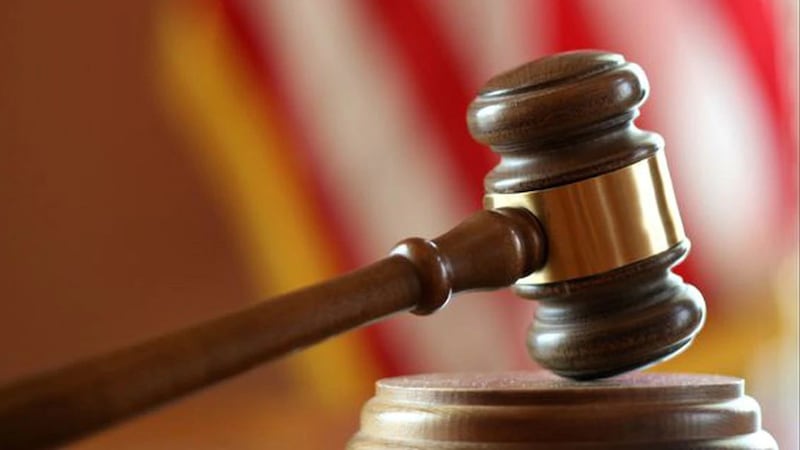In every Washington supermarket, workers have been showing up throughout the pandemic.
“It’s definitely still a worry, every day we see so many people,” said Mattie Strickland, who works at the Redmond Ridge QFC.
She became eligible for the COVID-19 vaccine Wednesday, and gets her first shot Thursday.
“We’ve all been waiting patiently for a really long time so we’re all really excited about it,” Strickland said.
The next phase of vaccine eligibility also includes agricultural workers, bus drivers, and police officers.
“Being a frontline worker, it was awesome to hear we are finally in the right bracket to get it,” Strickland said.
People are getting the shots in pharmacies and at mass vaccination sites like Seattle’s Lumen Field Event Center.
On Wednesday, superstar sports couple Sue Bird and Megan Rapinoe came to volunteer.
“This is probably one of the only joyful moments in the pandemic that people are going to experience,” Rapinoe said.
As the vaccination site opened for the day, Mayor Jenny Durkan helped lead a cheer.
“This really does inspire me to know that hope is on the way, that the light is at the end of the tunnel and Seattle will be on the path to recovery,” Durkan said.
Durkan said Swedish planned to give 1,200 doses at Lumen Field Wednesday.
When more vaccine arrives, it will be able to handle as many as 20,000 per day.
President Biden said there will soon be enough vaccine for all adults to be eligible after May 1.
Some states are moving faster to expand eligibility, like Alaska and Mississippi, where anyone over 16 can now get the shot.
“If that just makes the line longer, what impact will that have on health disparity populations?,” asked Nancy Jecker, a professor at the University of Washington School of Medicine who studies the ethical distribution of vaccine.
Prioritization policies focus on people’s risk based on their age or occupation.
But, she notes, race is also critical.
Compared to white people, people who are Black or Latinx have triple the chance of becoming infected with COVID-19, and those infected are six times more likely to die.
Jecker said partnerships in communities with health disparities are critical to make sure those most at risk can access the vaccine when it opens to everyone.
“If you just hold these large ‘supervax’ events, people can’t get there, they can’t take off work, they don’t have child care. The first people in line in a first-come-first-served system are not going to be the disadvantaged.”
Cox Media Group






